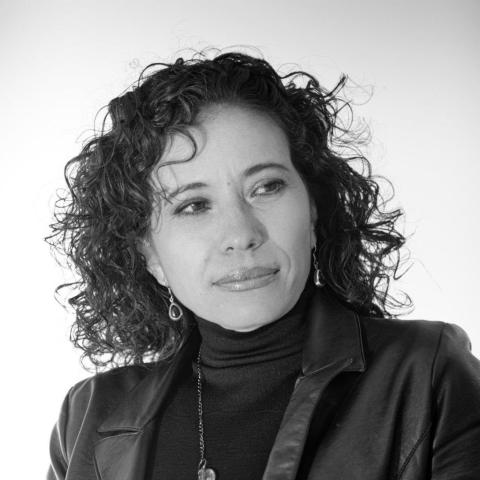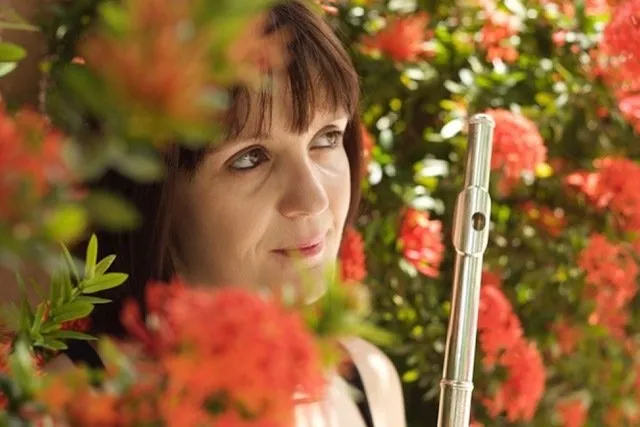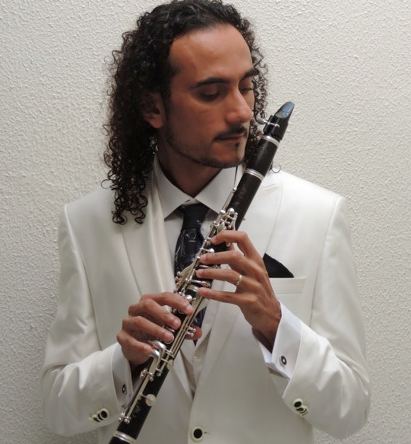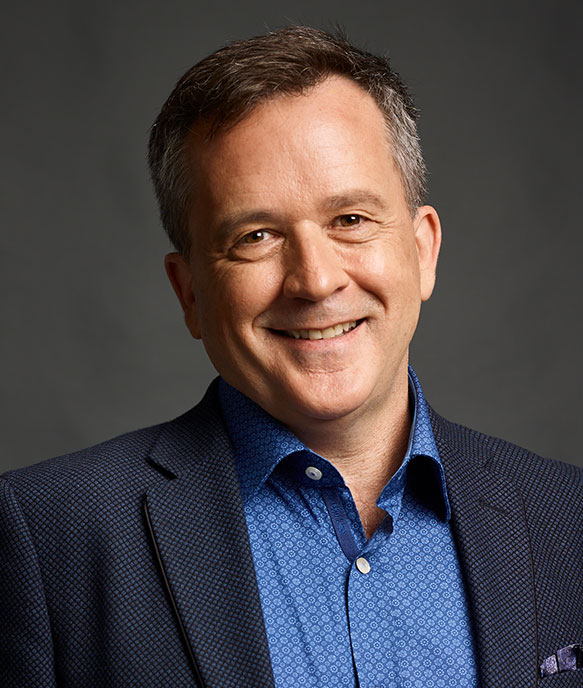
About us
The initiative Musicking Through Life!
Welcome to the Musicking Through Life website!
Created in March 2023, the Musicking Through Life project brings together a team of researchers and graduate students who foster a dialogue on a body of knowledge about the many benefits of making music, that is, engaging in amateur musical practice throughout life. Our mission is to highlight the most educational and inclusive musical practices suited to the social and digital realities of the 21st century, while engaging in an open dialogue with the general public, including music enthusiasts, parents, music teachers, and many others.
Our Mission
We emphasize the role of science in understanding the benefits of amateur music practice at all stages of life, highlighting its positive effects on today’s musicians.
Our Objectives
- To promote research by making a variety of knowledge about the benefits of amateur music practice across all life stages accessible to the public, including for individuals living with intellectual, physical disabilities, or autism spectrum disorders.
- To raise awareness of the importance of amateur music practice, whether for children, adolescents, adults, or seniors.
- To share music practices supported by research to stimulate creativity and engagement among today’s amateur musicians.
We are excited to accompany you on this enriching musical journey through the different stages of your life.
Join us to explore the world of amateur music together!
Team
Project Manager

Scientific Committee
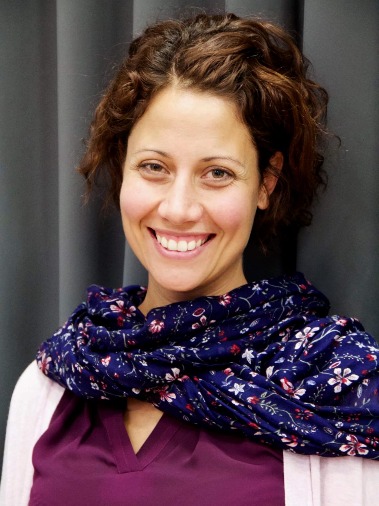
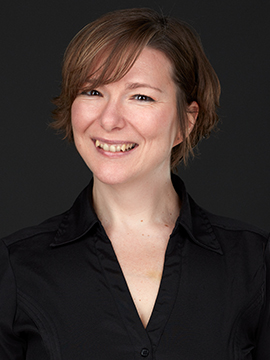

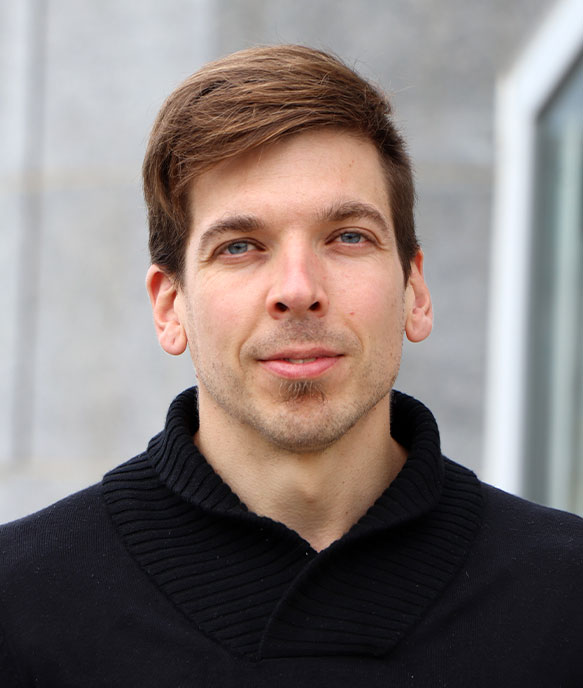
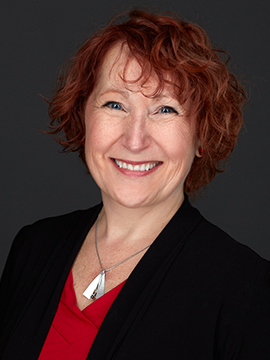
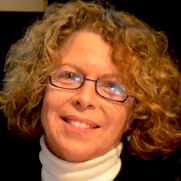
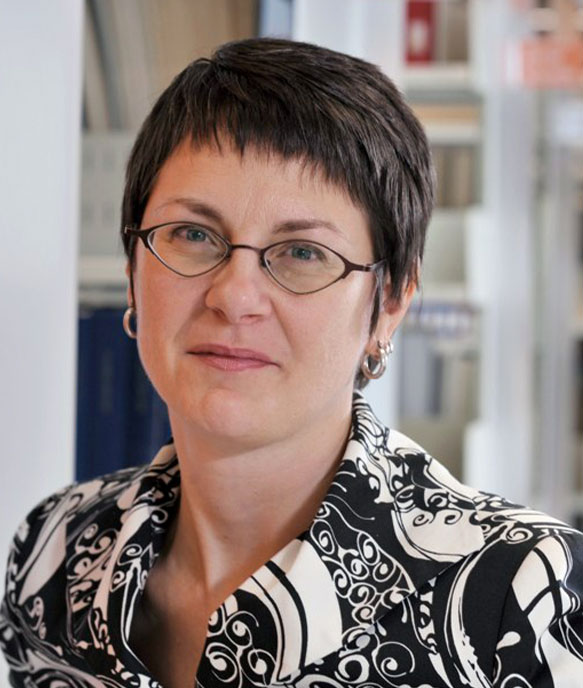
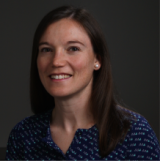
Authors
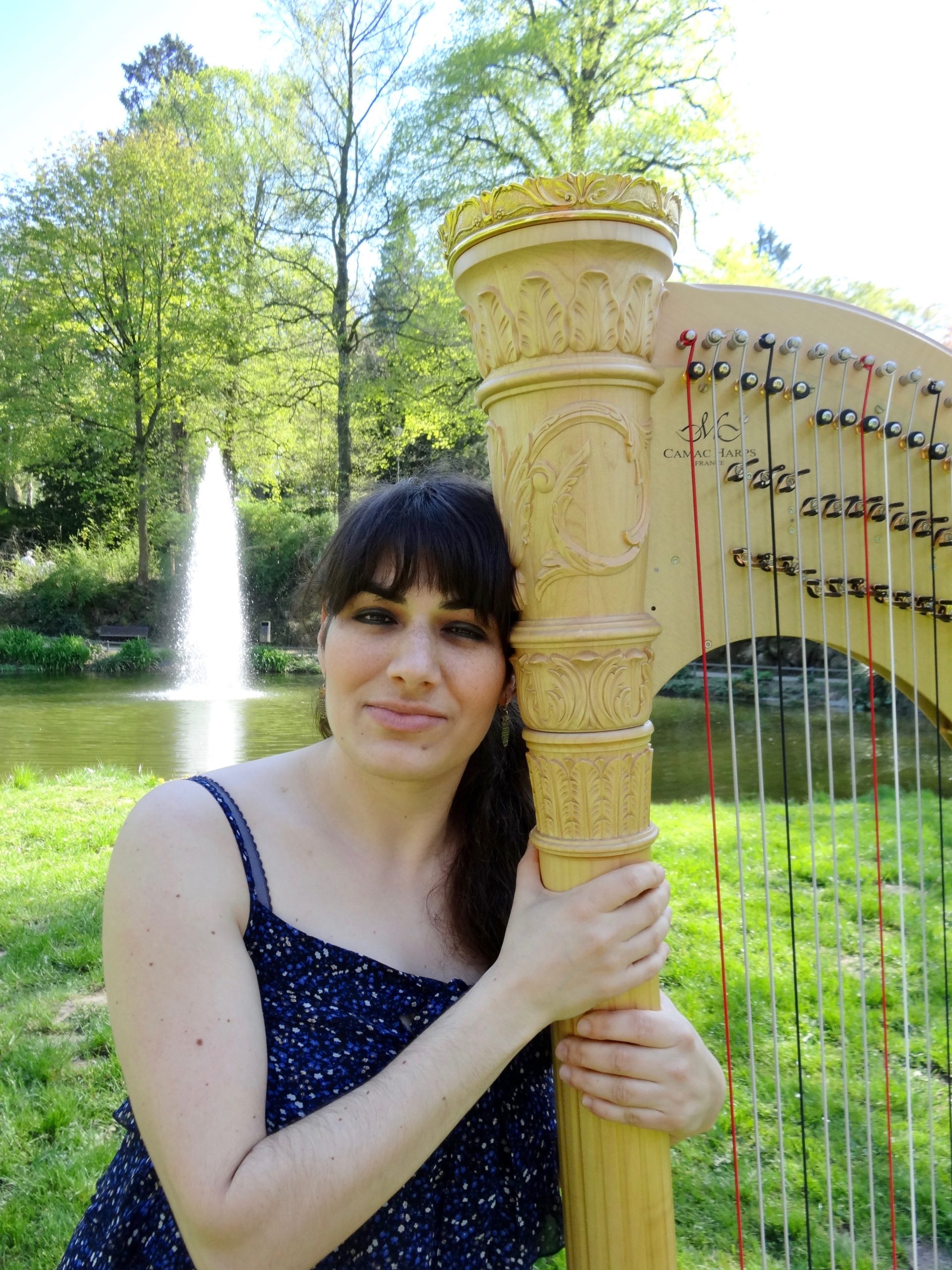
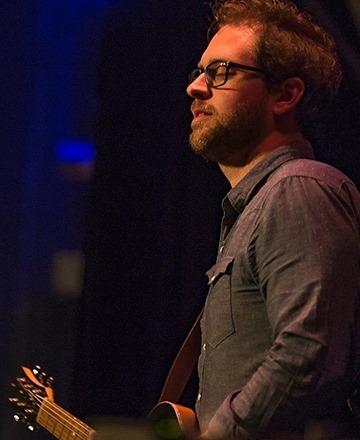


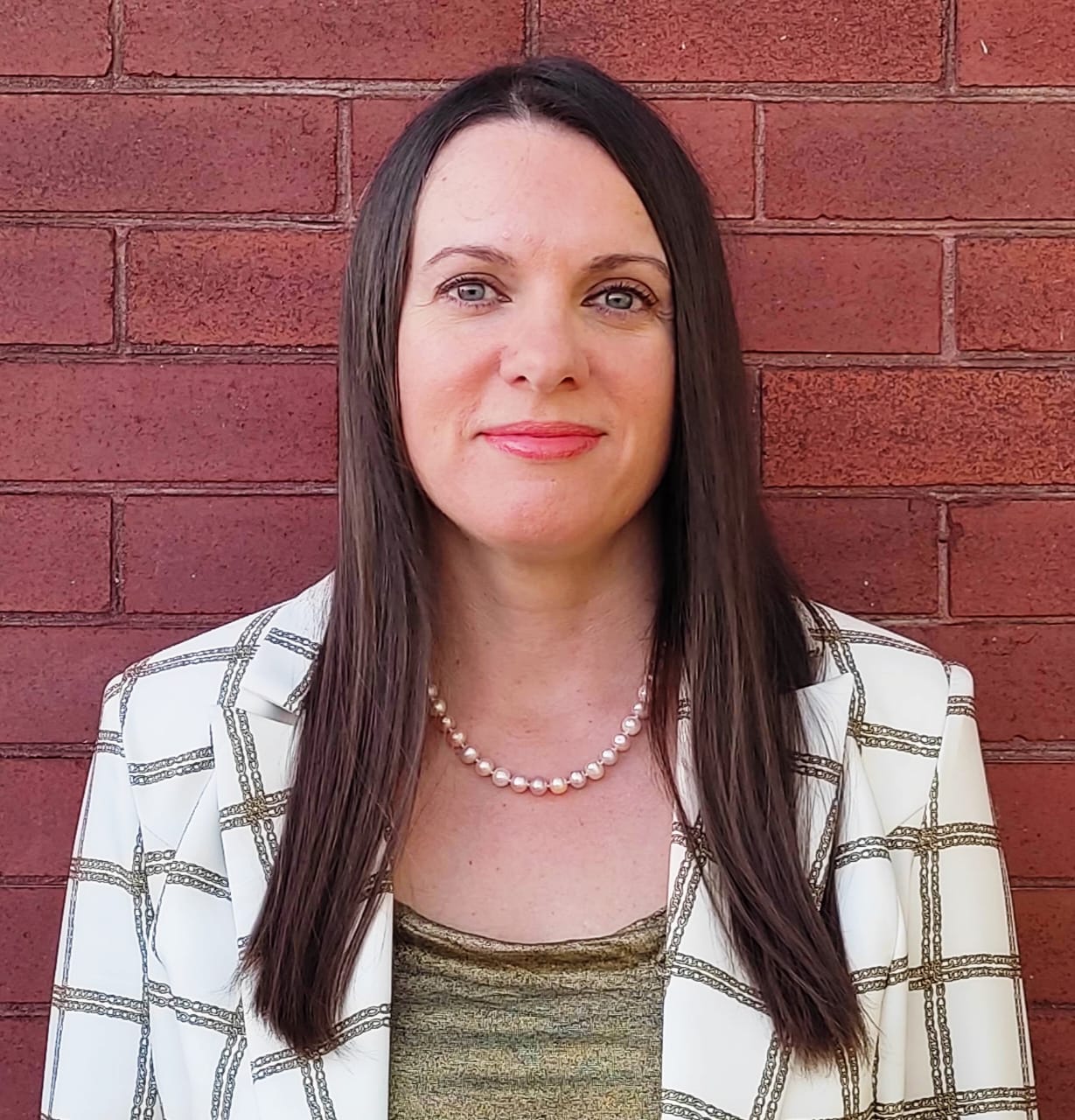
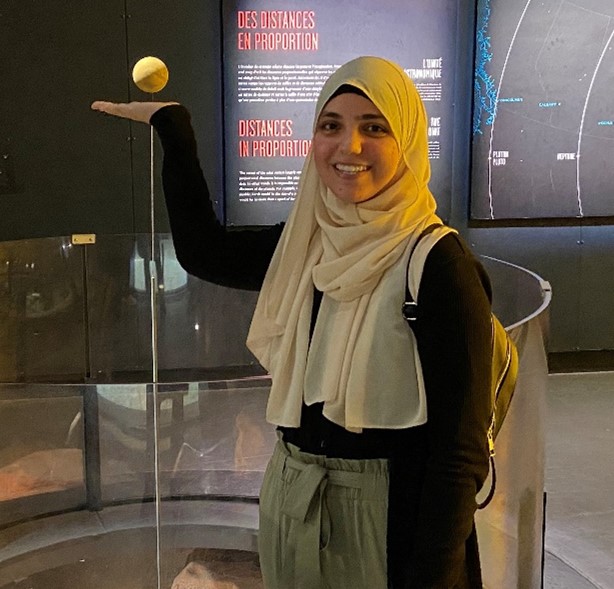
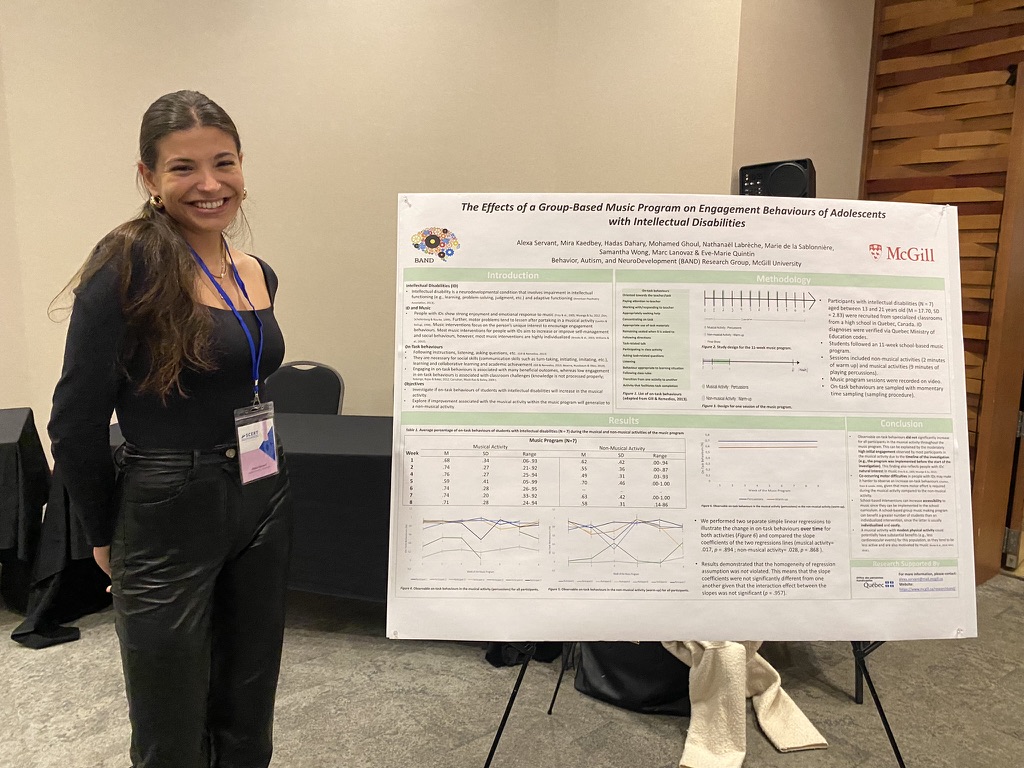
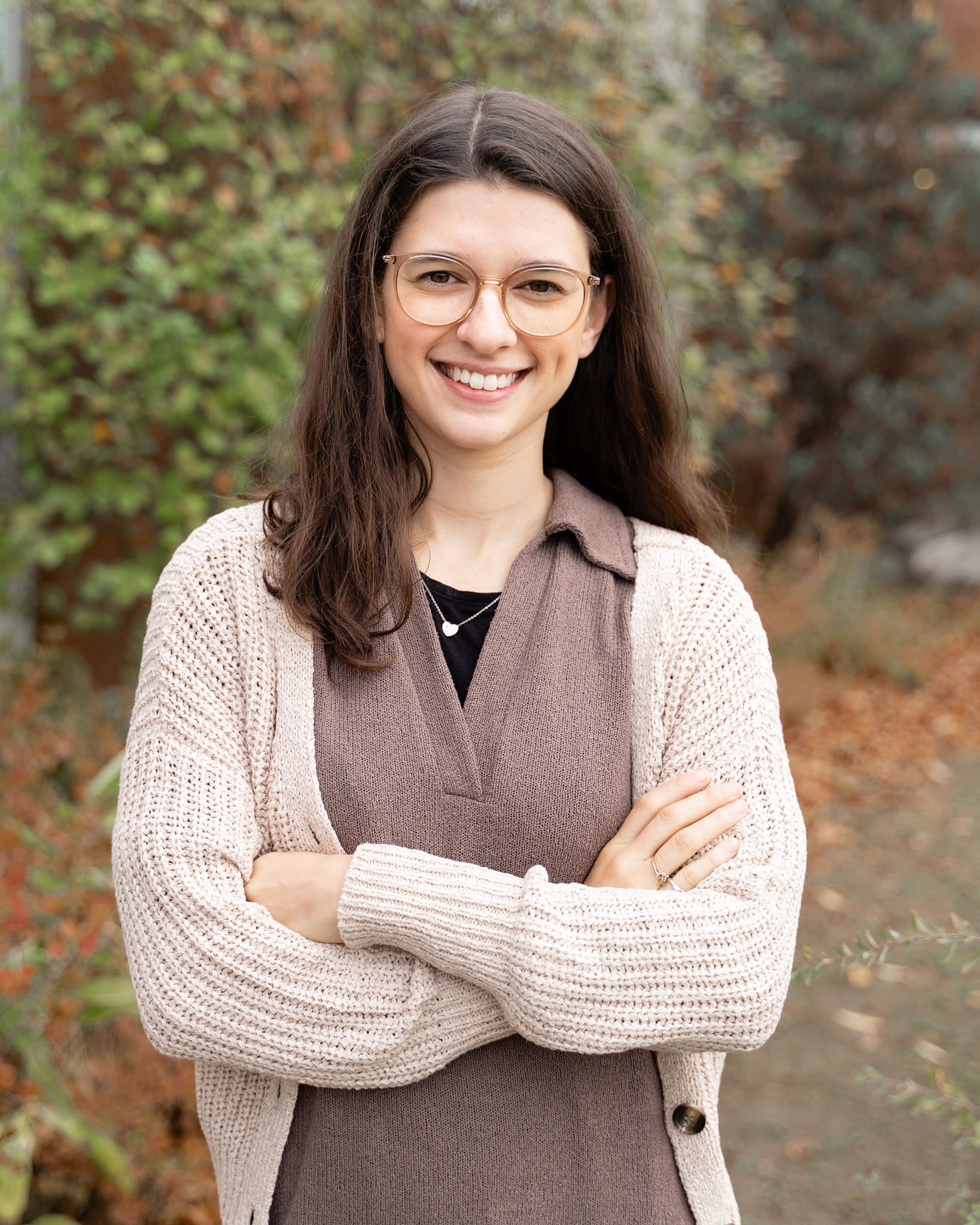
International collaborators
